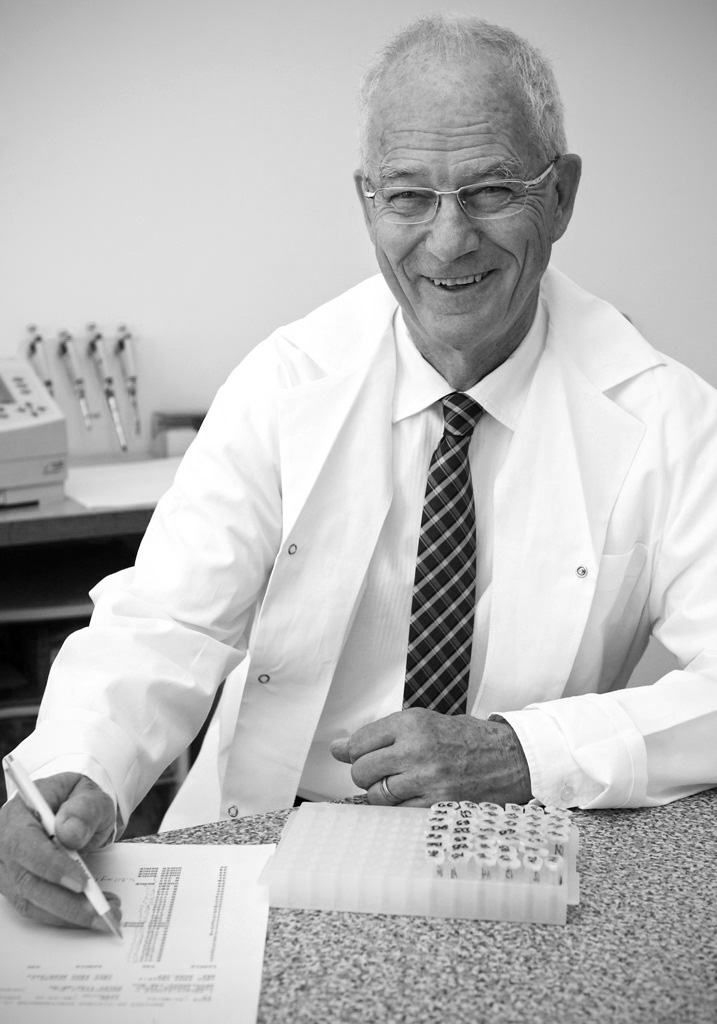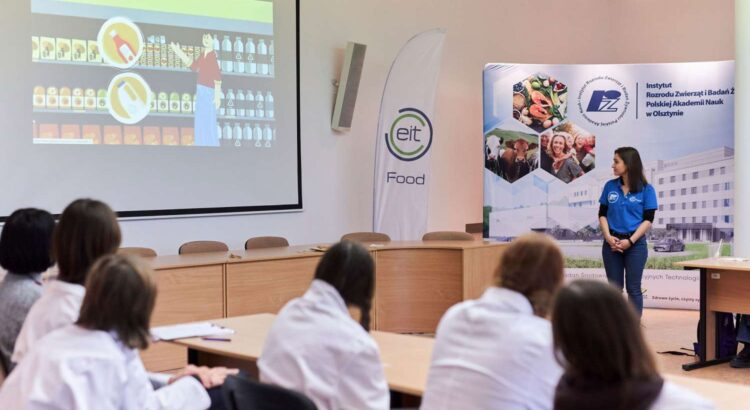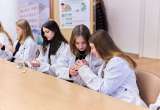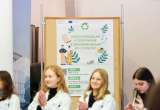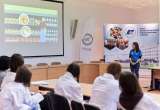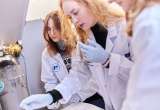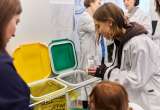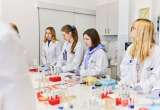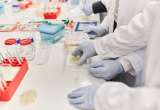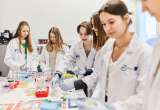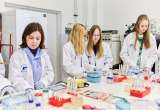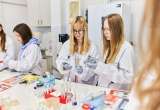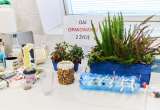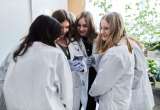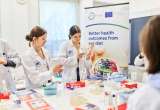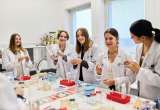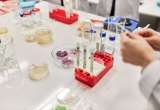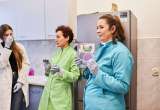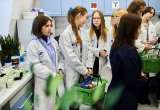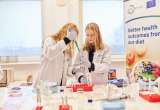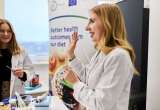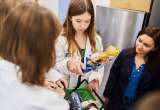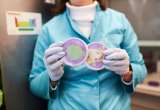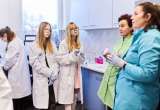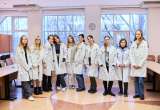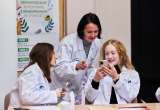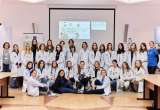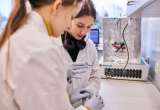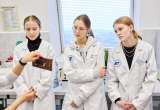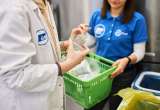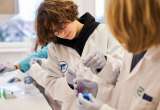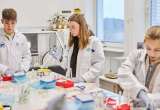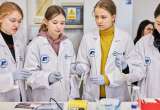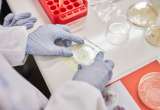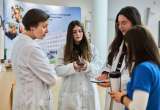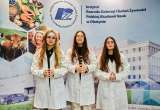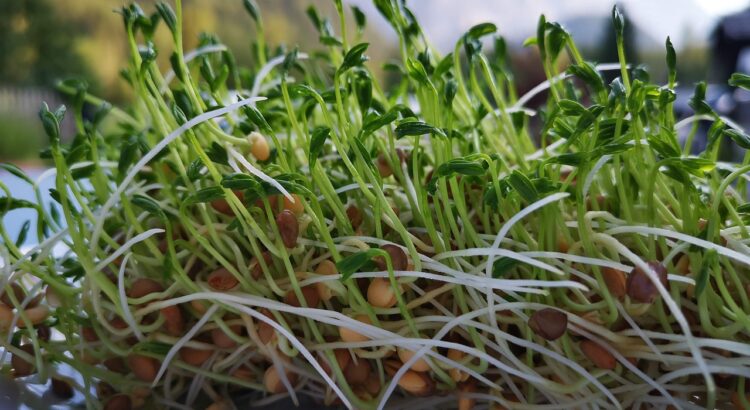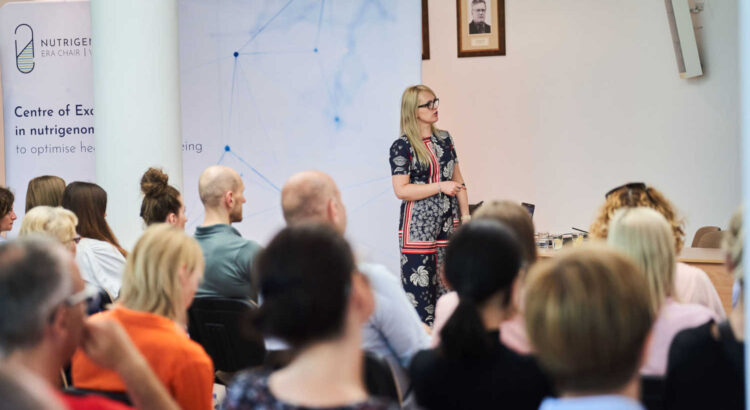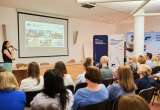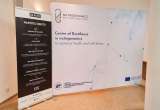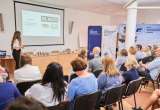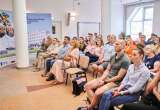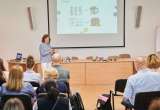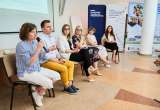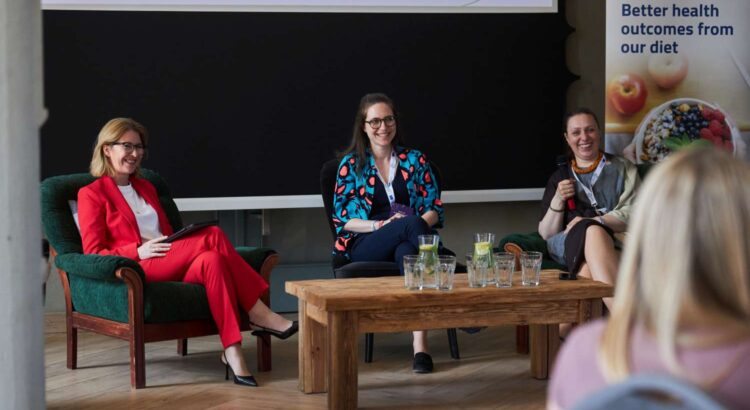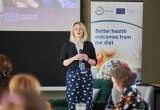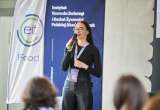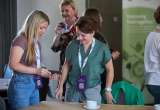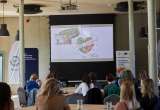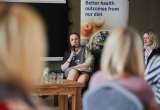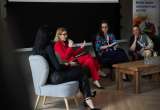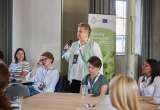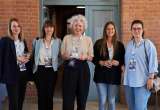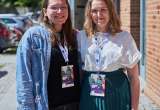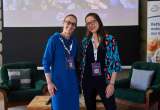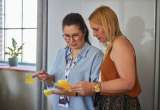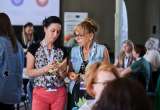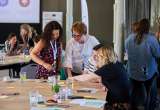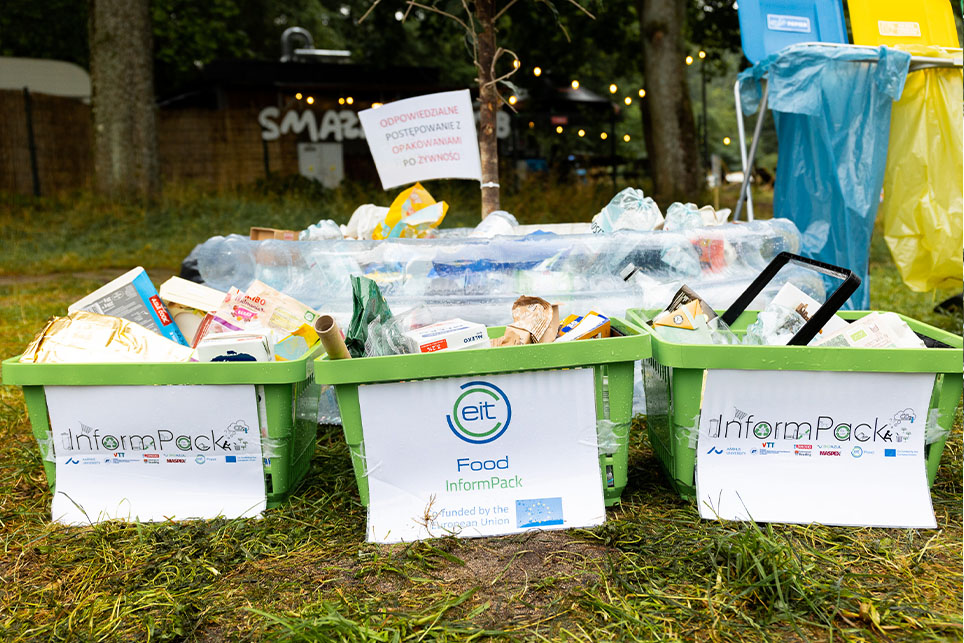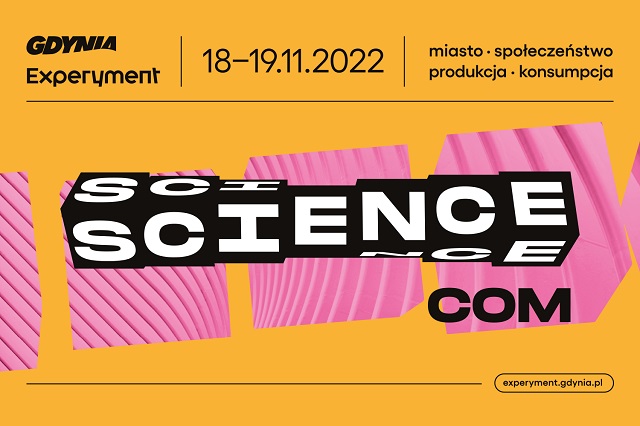Soczewica to cenne źródło związków fenolowych, które w ludzkim organizmie pełnią rolę naturalnych przeciwutleniaczy. Naukowiec z Instytutu Rozrodu Zwierząt i Badań Żywności PAN w Olsztynie przypomina, że największa ich zawartość jest w kiełkach.
– W kiełkach uzyskanych z nasion soczewicy zawartość związków fenolowych jest wyraźnie wyższa od tej, jaką znajdujemy w nasionach. Warto też pamiętać, że zmniejszać zawartość fenoli w soczewicy mogą procesy termiczne, dlatego nie należy gotować nasion zbyt długo – podkreśla prof. Ryszard Amarowicz, kierownik Zespołu Chemicznych i Fizycznych Właściwości Żywności IRZiBŻ PAN w Olsztynie.
Prof. Ryszard Amarowicz (wraz z prof. Ronaldem Peggiem z Uniwersytetu w Athens w Georgii w USA) opublikował w czasopiśmie „Current Pharmaceutical Design” artykuł przeglądowy, zbierający najnowszą wiedzę naukową dotyczącą soczewicy jako źródła związków fenolowych.
WARTOŚCIOWA ROŚLINA STRĄCZKOWA
Soczewica jest cennym źródłem białka, które charakteryzuje się zbilansowanym składem aminokwasowym, lepszym w porównaniu do zbóż. – Nasiona soczewicy w diecie człowieka zapewniają wysoką podaż niektórych witamin z grupy B oraz błonnika pokarmowego. Zawarte są w nich także oligosacharydy, które wykazują właściwości prebiotyczne, czyli korzystnie wpływają na mikroflorę ludzkiego przewodu pokarmowego. Nasiona soczewicy to dla nas również ważne źródło związków fenolowych – wyjaśnia prof. Ryszard Amarowicz, który bada zawartość składników odżywczych i związków biologicznie aktywnych w surowcach roślinnych oraz w żywności.
Związki fenolowe wykazują aktywność przeciwutleniającą i zdolność do hamowania rozwoju drobnoustrojów.
– W organizmie człowieka pełnią funkcję naturalnych przeciwutleniaczy – są zdolne do unieczynnienia wolnych rodników (związanych z etiologią wielu chorób cywilizacyjnych), a także do hamowania utleniania cholesterolu w lipoproteinach o niskiej gęstości (LDL), dlatego mogą nas „bronić” przed miażdżycą. Fenole hamują również aktywność enzymów trawiennych, amylazy i lipazy; możemy mówić zatem o ich aktywności antydiabetycznej oraz wskazywać na możliwości stosowania ich przy zapobieganiu/leczeniu otyłości – wskazuje naukowiec.
IM MNIEJ GOTOWANIA, TYM LEPIEJ
Wspomniany artykuł przeglądowy przedstawia soczewicę jako bogate źródło związków fenolowych, chemiczną stronę tych związków, ich właściwości biologiczne oraz wpływ, jaki mogą na nie wywoływać procesy technologiczne.
Naukowcy przypomnieli, że na zawartość fenoli wpływa przetwarzanie surowej soczewicy w postaci gotowania, kiełkowania i fermentacji.
– Procesy termiczne zmniejszają zwartość związków fenolowych w soczewicy (związki te mogą być albo utleniane, albo przechodzić do wody podczas moczenia nasion lub ich gotowania). Stąd praktyczna rada: nie gotujmy nasion zbyt długo. Starajmy się też wykorzystać wodę po ich ugotowaniu, ponieważ z pewnością zawiera ona związki fenolowe – mówi prof. Ryszard Amarowicz.
Na zawartość fenoli w soczewicy wpływa również jej odmianowość, zabiegi agrotechniczne np. wielkość nawożenia, warunki klimatyczne w kraju, skąd roślina pochodzi. – W moich badaniach stwierdziliśmy na przykład, że soczewica zielona i czerwona różnią się pod względem profilu związków fenolowych i potencjału przeciwutleniającego. Ekstrakt z zielonej soczewicy w porównaniu do ekstraktu z czerwonej soczewicy był bogatszy w związki fenolowe, a jego aktywność przeciwutleniająca była wyższa – wskazuje badacz.
DZIAŁANIE CYTOTOKSYCZNE
W publikacji opisano również kilka pozytywnych działań biologicznych ekstraktów z soczewicy na hodowlę komórkową i w badaniach na zwierzętach.
– Stosując badania na liniach komórkowych stwierdzono, ze uzyskane z nasion soczewicy ekstrakty bogate w związki fenolowe działają cytotoksycznie w odniesieniu do wielu komórek nowotworowych. Można tu wymienić komórki nowotworów okrężnicy, żołądka, wątroby i nerek – podaje badacz.
Eksperymentalnie wykazano również ochronne działanie ekstraktu z czarnej soczewicy wobec DNA, jak i potwierdzono przeciwzapalne działanie związków fenolowych obecnych w ekstraktach z nasion soczewicy. Z kolei ekstrakt z czerwonej soczewicy podany szczurom przeciwdziałał stresowi oksydacyjnemu w organizmie zwierząt, co potwierdzały wyniki analizy kilku parametrów biochemicznych.
– Uwzględnienie soczewicy w diecie korzystnie wpływa na nasz sposób odżywiania, a tym samym działa prozdrowotnie w wielu kwestiach – podsumowuje prof. Ryszard Amarowicz.
Czytaj więcej
